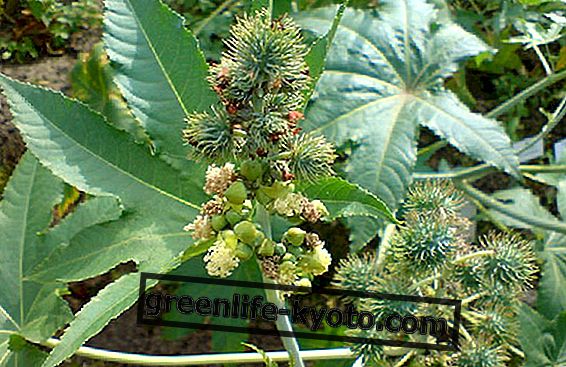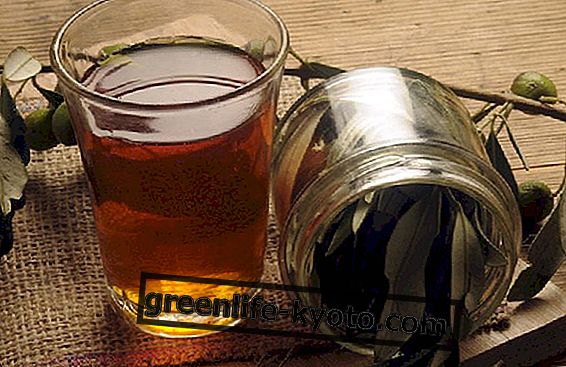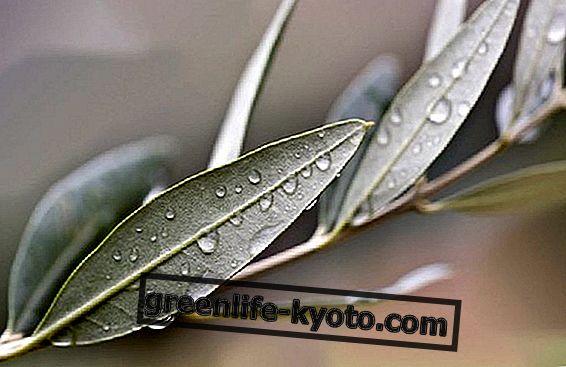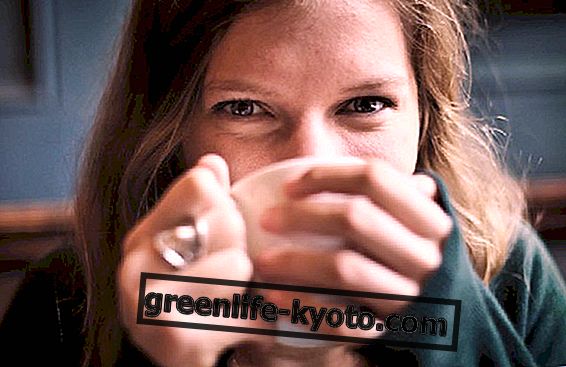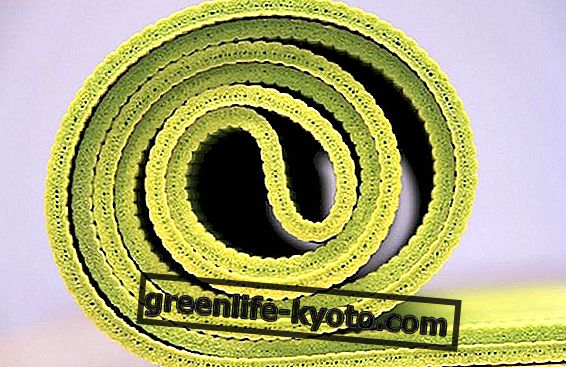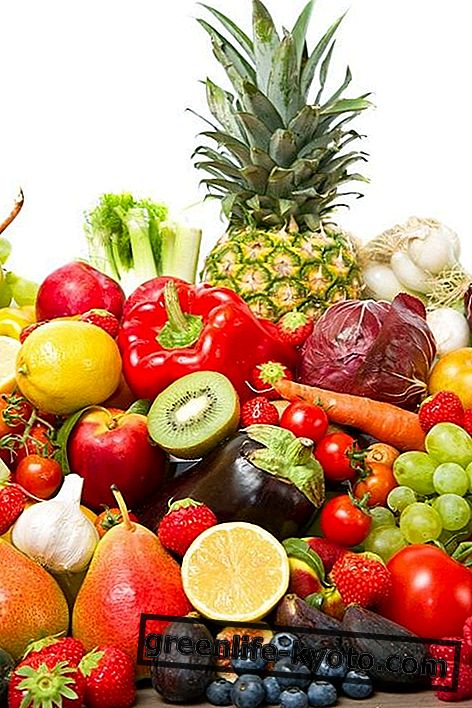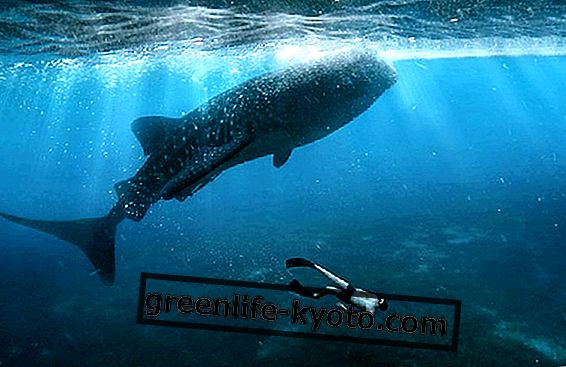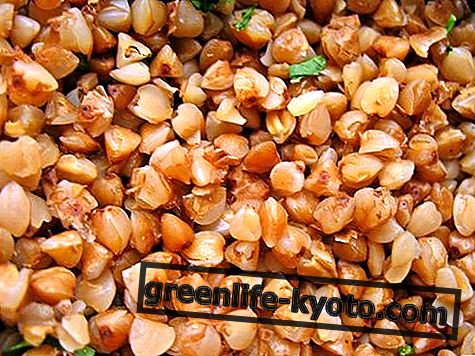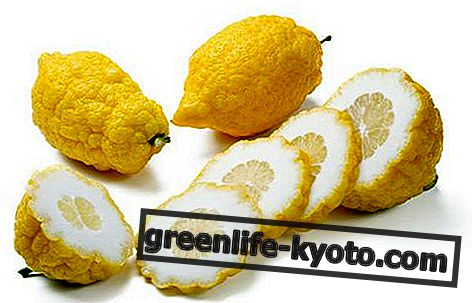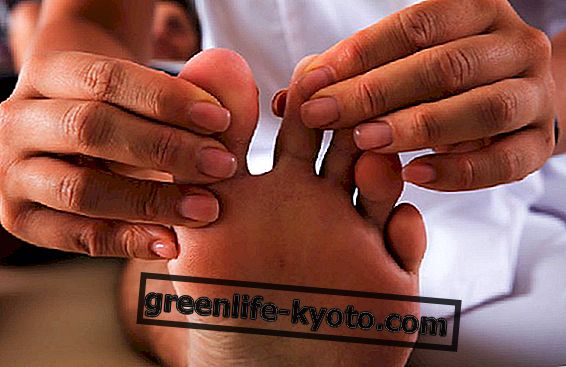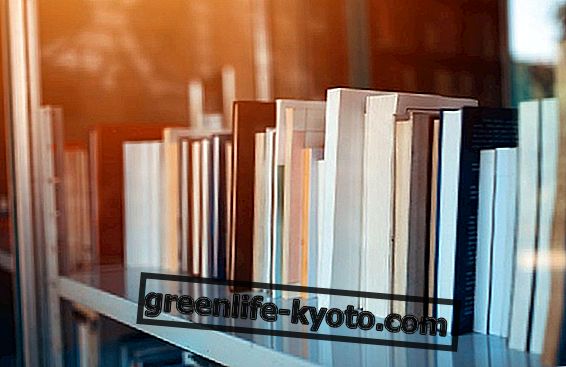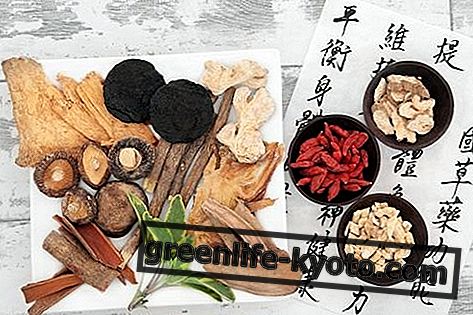
The ancient art of herbs
Traditional Chinese medicine, certainly the oldest among traditional medicines, is the harmoniously complete expression of the spirit and culture that has developed over the centuries. Its fundamental principles are the same that inform the global vision of the world of the philosophy and religion of China. First, the idea of a dynamic unity based on systematic correspondence: the universe is an articulated whole, in continuous metamorphosis, but the actors of this metamorphosis are always the same forces, the same elements in their reciprocal relationship.
Natural remedies as a cure for various disorders of humans and animals have very ancient roots. In particular, it is thought that those who use the properties present in plants have been the first healing approaches used by man since the origins. The first written records of this practice date back to the Chinese emperor Shen Nung, who in 3, 400 a. C. circa, transcribed a treatise listing 360 vegetable types with active ingredients with therapeutic effect .
Pharmacology is among the richest and most refined, but since the cure is thought of as the restoration of a harmony, of an agreement between one's own rhythm and that of the cosmos, the application of its principles is never the execution of one fixed score, of a predetermined standard. The drugs of traditional Chinese medicine are prepared with substances from all the kingdoms of nature: mostly from vegetables (Chinese herbal medicine), but also from parts of the body of various animals and minerals.
It is believed that the decoction is the best way to take the active ingredients of a medicine, but the powders (obtained by dehydrating the decoctions) and the pills, or powders bound with honey or various liquids, are also widely used. The extracts are also very effective, including famous tonics such as ginseng, which favors the body's ability to adapt to stress by strengthening the immune, endocrine and nervous systems, the astragalus and the eleuterococcus, the syrups and, for remedies for external use, the patches prepared with powders and adhesive substances, which act by contact.
Chinese herbal medicine
Chinese herbal medicine derives its remedies from plants, leaves, fruits, peel, roots, and mushrooms. The main preparations for treating colds, flu, etc., are often already on the market complete, while for more complex treatments the Chinese doctor must prepare them. There are several ways to take Chinese medicine therapies.
Below is a list of the main herbs used in Chinese herbal medicine, with particular reference to use and functionality, area of intervention ( meridians and related organs ), properties and any contraindications :
Suan Zao Ren
Use: it calms the heart and the spirit that resides in the heart, feeds the blood, prevents excessive sweating and cures emotional problems. Meridians: liver, heart, spleen, gall bladder. Properties: sweet, acid, neutral. Contraindications: much caution when using if you have diarrhea or excessive heat.
Huang Qin
Use: eliminates heat (fever) and moist heat, in pregnancy eliminates the risk of abortion, blocks bleeding from the nose, from the uterus. Meridians: heart, gallbladder, lung, large intestine. Properties: very important, bitter, cold grass. Contraindications: not to be used in case of tuberculosis, threat of abortion caused by cold, cold diarrhea.
Shu Di Huang
Use: cures blood deficiency, yin tonic and Jing . Meridians: liver, heart, kidneys. Properties: very important, sweet, slightly acid herb. Contraindications: caution in case of spleen and stomach deficiency.
Jie Geng
Use: relieves respiratory distress and cough, in case of aphonia. Meridians: lung. Properties: bitter, sour, neutral. Contraindications: not to be used in case of blood expectoration.
Ban Xia
Use: dissolves the phlegm (accumulation of thickened fluid), abdominal swelling and nausea. Meridians: stomach, spleen, lung. Properties: important herb to dry moisture, harsh, hot. Contraindications: to be avoided in case of bleeding, dry cough, heat.
Ren Shen (ginseng)
Use: calming herb, tones qi and yin, calms the heart, is used against anxiety, stress, insomnia, good for lung problems. Meridians: spleen, lung. Properties: sweet, slightly warm and bitter. Contraindications: not to be used in case of yin deficiency, heat.
Bai Shao
Use: care for dizziness and headache caused by an increase in yang, pain in the hips, abdomen, abdominal spasms and hands, vaginal discharge, excessive sweating. Meridians: liver. Spleen. Properties: important grass, bitter, acid, cold. Contraindications: taking caution in case of cold diarrhea.
Du Zhong
Use: tones the yang, kidneys, liver, strengthens bones and tendons, facilitates circulation, calms the fetus in the event of pregnancy, prevents abortion and bleeding. Meridians: liver, kidneys. Properties: sweet, slightly sour, warm. Contraindications: not to be used in case of heat due to an excess of yin .
Huang Lian
Use: lowers heat, cures redness of the eyes and sore throat, violent diarrhea, acid vomiting caused by heat, insomnia. Meridians: heart, liver, large intestine, stomach. Properties: important, bitter, cold grass. Contraindications: caution in case of yin deficiency and in disorders caused by cold.
Shan Zha
Use: helps digestion, stops diarrhea. Meridians: liver, spleen, stomach. Properties: acid, sweet, slightly warm. Contraindications: caution in case of spleen and stomach deficiency.
Huang Qi
Use: cures qi deficiency, spleen deficiency, diarrhea, uterine prolapse, excessive sweating, edema, reduces swelling, very useful for bleeding. Meridians: spleen, lung. Properties: sweet, slightly warm. Contraindications: avoid in case of heat.
Huo Xiang
Use: it helps the spleen to work well, it helps in case of indigestion, nausea, swelling. Meridians: lung, spleen, stomach. Properties: sour, slightly warm. Contraindications: do not use in case of heat.
Dang Gui
Use: cures blood deficiencies, menstrual disorders, trauma injuries, dry stools and sores. Meridians: stomach, spleen. Properties: sweet, bitter, warm. Contraindications: use caution in case of diarrhea and swelling.
Huo Ma Ren
Use: helps in constipation, feeds the yin . Meridians: large intestine, spleen, stomach. Properties: sweet, neutral. Contraindications: may cause nausea, diarrhea, vaginal discharge.
Gan Cao (licorice root)
Use: cures the qi deficiency, tones the spleen, throat infections, liquid stools. Meridiani: all. Properties: sweet, neutral, warm. Contraindications: do not use in case of hypertension, vomiting.
Huang Bai, Huang Bo
Use: eliminates heat, swelling, redness, night sweats. Meridians: bladder, kidneys. Properties: important, bitter, cold grass. Contraindications: do not use in case of spleen deficiency.
